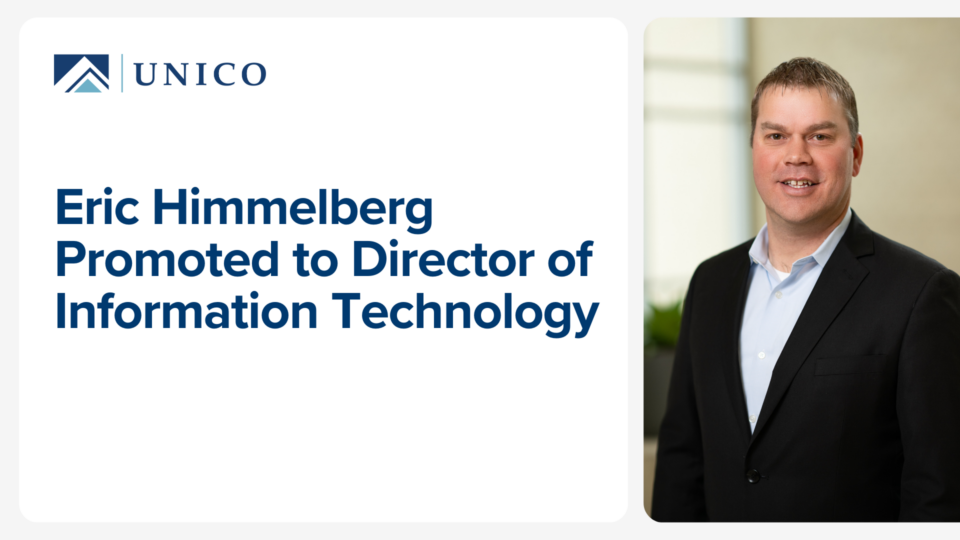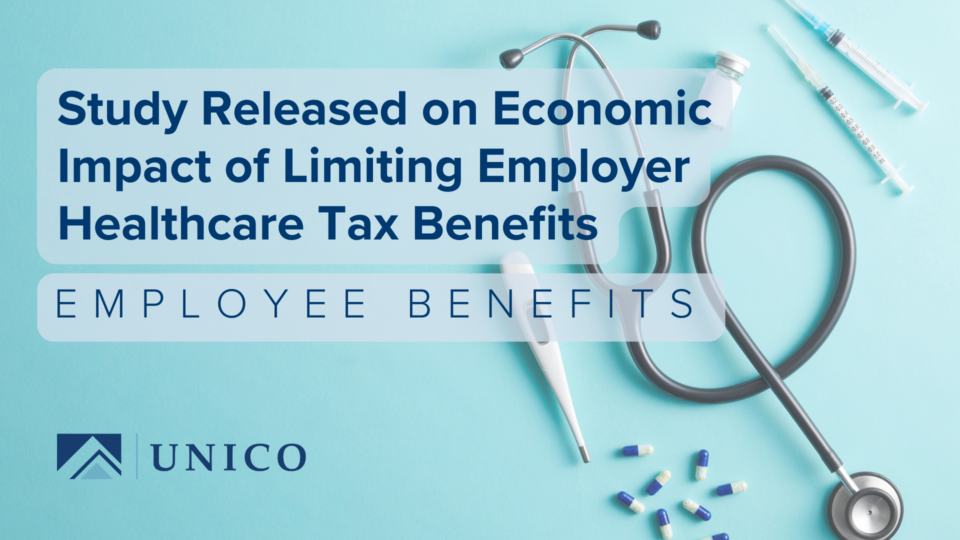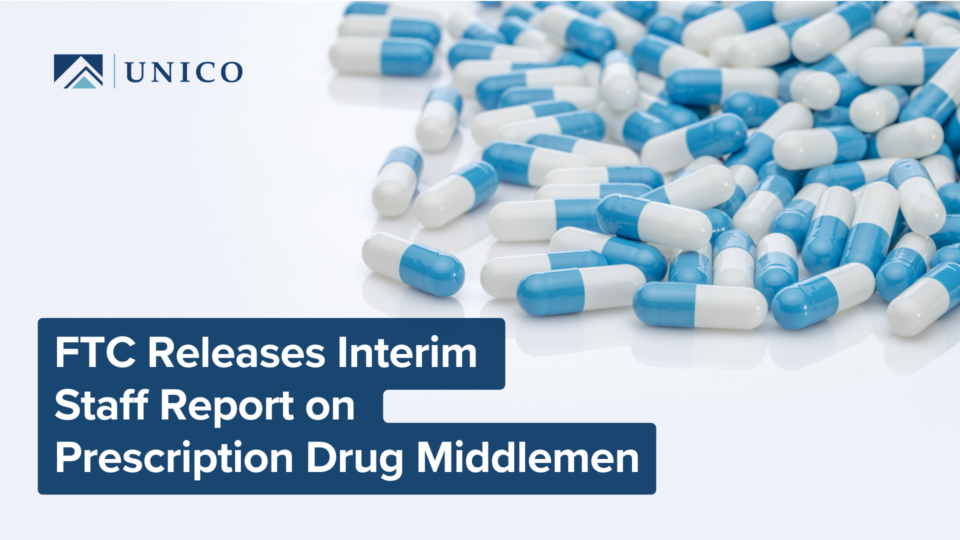Each year, the National Council on Compensation Insurance, Inc. publishes a report that examines some of the major issues affecting the industry. It is a compilation of articles by industry specialists that offer valuable insights into Workers’ Compensation issues facing employers and other stakeholders.
Here is a brief overview of what you will find:
I. Industry Outlook
An article by Stephen J. Klingel, CPCU, WCP, president and chief executive officer of NCCI is cautious about expressing a positive industry outlook for the months ahead. “While most indicators show continued improvement, it’s important to note that the combined ratio remains too high, and achieving an adequate return remains a challenge.
These factors, along with the overhanging shadow of the potential loss of the terrorism backstop, add a note of caution to what might otherwise be a relatively optimistic outlook.”
Peter M. Burton, CPCU, AU NCCI Senior Division Executive, State Relations gives a snapshot view of the legislative and regulatory outlook for 2014, noting the types of legislation states are expected to engage in related to workers’ compensation.
II. Terrorism Risk Insurance Act
Without Congressional action, the Terrorism Risk Insurance Program Reauthorization Act (TRIPRA) of 2007 will expire on December 31, 2014. Tim Tucker, NCCI Washington Affairs Executive, provides an overview of the law and its role in providing economic certainty to businesses and the unique impact of terrorism risk on workers’ compensation.
III. Legal Briefs
1. Mental Injury Claims
While the treatment of mental injury claims varies from state to state, it’s clear that these claims are complex and not likely to diminish in the near future. Jennifer A. Chamagua, Esq., staff counsel, NCCI Legal Division, cites two high profile cases – one in Pennsylvania involving a state trooper and another in West Virginia involving a UPS driver.
In both cases, the claims were compensable; however, for different reasons. In Pennsylvania, it was  found that the trooper reacted to a single and highly unusual event, so the mental injury claim was compensable. In West Virginia a section of the Code provides, in part, that so-called mental-mental claims are not compensable so the issue became whether the injury was compensable and not barred under Code §23-4-1f. The court noted the physical nature of the incident that involved a hijacking and
found that the trooper reacted to a single and highly unusual event, so the mental injury claim was compensable. In West Virginia a section of the Code provides, in part, that so-called mental-mental claims are not compensable so the issue became whether the injury was compensable and not barred under Code §23-4-1f. The court noted the physical nature of the incident that involved a hijacking and
gunfire and ultimately decided the claim for PTSD was compensable because the condition was manifested by physical symptoms like sleep disturbances and jumpiness.
2. Social Media
Jeff Selbach, Esq., senior counsel, NCCI Legal Division offers helpful information on the use of social media to investigate workers’ compensation claims. He notes that while there are still challenges related to the admissibility of social media in workers’ comp cases, investigating is easier because of social media. “Quite often, the evidence obtained from social media will either substantiate evidence already discovered or lead to other admissible evidence, such as follow-up deposition testimony from the claimant or other witnesses. Videotape surveillance may be both warranted and cost-effective if the claimant’s social media site shows the claimant participating in activities inconsistent with the injury claimed.”
3. Mold
Since 2009, most state courts have found that where there is a link between mold and the alleged injuries, workers’ compensation is the exclusive remedy. Adam Levell, Esq., NCCI’s Legal Division, discusses a case in Mississippi that demonstrates the challenges of the relationship of exclusivity and workplace mold. Although the employer may have been negligent or even grossly negligent, the court found that the only way to bring a tort claim outside of the exclusivity of workers’ compensation was to allege that the employer acted with willful intent to injure the injured party.
4. Personal Errands for Employers
Kacy Marshall, Esq., senior counsel, NCCI Legal Division, describes a Louisiana case of an employee who suffered injuries in an automobile accident while running an errand for her employer, which she did not know was a personal errand.
5. Street Peril Doctrine and Random Assaults
The street peril doctrine has typically referred to employee injuries arising out of automobile accidents while traveling on public roadway in connection with their job. However, two recent state supreme courts dealt with the question if this doctrine should be extended to include random assaults. Evelyn Garbett, Esq., staff counsel, NCCI’s legal Division, reviews two cases, one in Rhode Island and the other in Tennessee, which had different outcomes.
IV. Affordable Care Act
Two industry experts, Sam Friedman, insurance research leader with the Deloitte Center for Financial Services, and NCCI’s chief actuary, Kathy Antonello, share their thoughts and observations on the impact of the Affordable Care Act on workers’ compensation. They explore both the possible positive and negative impacts, including reduced cost shifting, healthier employees, improved treatment protocols, increased focus on improved outcomes, shortage of doctors, bottlenecks in care, and rising prices.
V. Medical Marijuana
As more and more states adopt medical marijuana laws, the need to review and update policies and procedures and to understand the overall risks to workplace safety takes on greater urgency. Nancy Grover, Editor, Workers’ Compensation Report, Program Director, National Workers’ Compensation and Disability Conference® & Expo explores several issues including whether an injury is compensable if a post-accident drug screen is positive for an employee who was prescribed medical marijuana, whether workers’ compensation must pay for medical marijuana prescribed for an injured employee in a state where it is legal, and the potential conflict between state and federal laws.
The report also includes articles on a comparison of hospital outpatient payments for group health and workers’ compensation, the underwriting cycle and summaries of NCCI study’s on prescription drugs expenditures, claims frequency, and disability durations.
UNITEL is considering telecommunication and technology insurance experts. We have hundreds of clients across the country. Don’t hesitate to contact us to learn more on how we can improve your insurance program while helping you increase your profitability.




